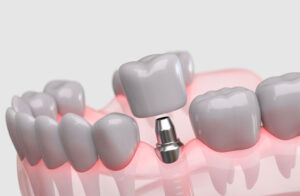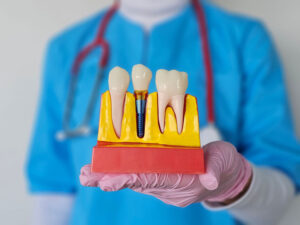If you’re one of many that suffer from chronic migraines, chances are you have had a difficult time controlling symptoms. That’s because we don’t yet understand fully what causes migraines or really what they are. Unlike a broken bone, migraines are a syndrome defined by a collection of symptoms that can vary from person to person. More so, migraines generally have a genetic underpinning which can determine a patient’s responsiveness to therapy.
That’s why the most common advice given to migraine sufferers is to keep track of triggers, be that red wine or caffeine. According to a study published in the medical journal, Cephalalgia, as much as 70% of migraine sufferers are triggered by certain smells. If you’re one of many who has experienced migraines triggered by certain smells, you may have some options.
How to Limit Odors Triggered Migraines
Osmophobia, or severe smell aversion, is a common symptom of both migraines and a migraine aura. Many have reported certain perfumes or cleaning chemicals as a trigger, and others report their triggers to be hair spray or paint. More often than experiencing one specific trigger, patients report that it’s the intensity of a smell that triggers a migraine. If you’ve had this experience, it’s helpful to keep track of your migraines using a journal. Catalogue where you were, what smell triggered your migraine, what time of day it was, how much water you’d had, and when you last ate. The more data, the better. This will hopefully allow you to begin to spot trends so that you can avoid smell triggers in the future.
There are many apps available that can help you identify your triggers and avoid them in the future. However, there are some privacy concerns about these apps, so you might want to evaluate them carefully before you start using them.
Are There Odors That Can Help Migraines?
A study published in the Journal of Herbal Medicine tracked the effectiveness of lavender oil in alleviating migraine symptoms. After three months, though the oil wasn’t effective at alleviating the more intense symptoms, patients reported the frequency of their migraines lowering. If you’d like to try lavender oil as a treatment for migraines, try adding a tablespoon to 3 cups of boiling water, and inhaling the vapors.
Other Forms of Migraine Treatment
If you suffer from frequent headaches and jaw pain, it is possible that you may have TMJ. Though TMJ has not yet been linked to migraines, there are several possible explanations. TMJ adds a lot of tension to your temporomandibular joint, which, in turn, distributes this pressure to surrounding nerves and muscles. One possible cause for migraines could be overstimulation of the trigeminal nerve.
Other symptoms of TMJ include, muscle soreness in the jaw, difficulty opening the mouth, and tension headaches, which have been described as “vice-like” pressure around the head, or a squeezing sensation.
If your current migraine medication or other treatment isn’t providing you relief, we may be able to help with TMJ treatment. Please contact us to schedule an appointment with our neuromuscular dentists, Dr. George Sepiashvili and Dr. Wanda Mejia, at Advanced Dentistry of Mohegan Lake.





